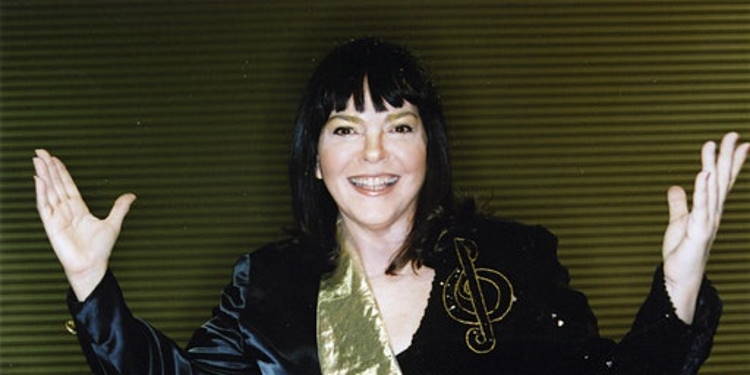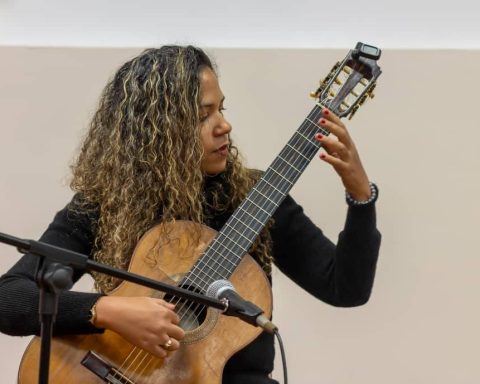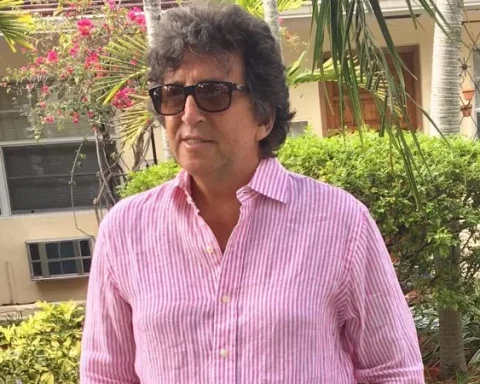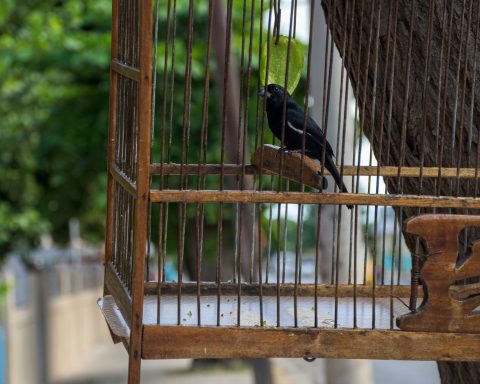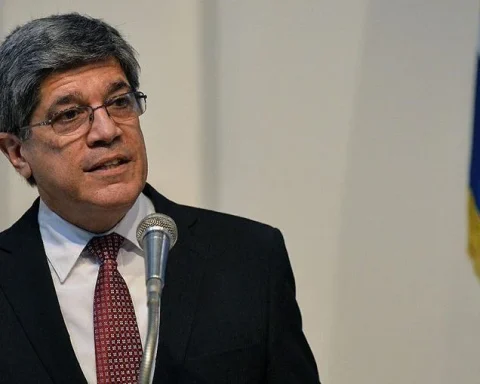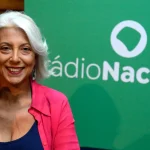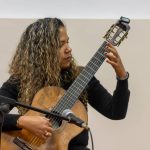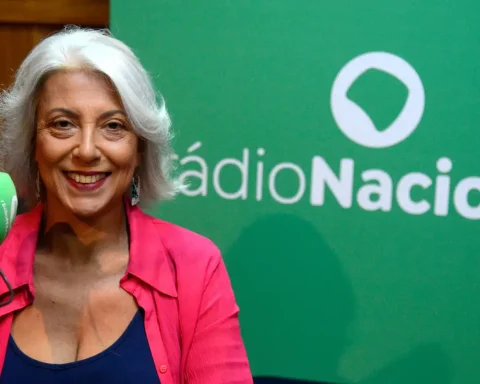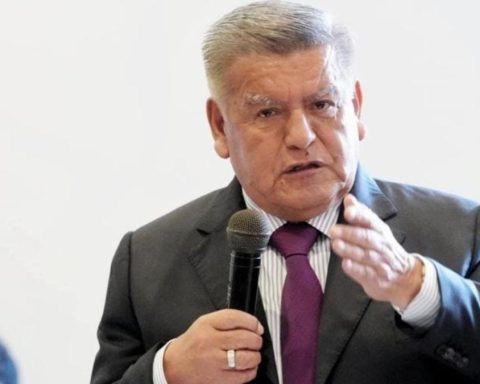Havana Cuba. — The singer, composer and actress Luisa María Güell went into exile 53 years ago, on October 20, 1968. When she left, she was the most popular performer among Cuban youth; but she had been silenced by the cultural authorities of Castroism. Her crime was interpreting foreign musical genres, which was considered “ideological diversionism”. When she applied for permission to travel abroad, she suffered the humiliation of being sent to work in agriculture.
The great sympathy of Luisa María Güell among the population, especially among the children, pressured the authorities to facilitate her emigration to Spain. Her extensive artistic career began when she was five years old, under the influence of her mother, who saw to it that she learned Spanish dance, ballet and piano. She later studied pantomime and dramatic art at the School of Art, and learned the English and French languages.
His first performances were in José Sanabria’s children’s television program, the famous “Viejito Chichí”. In radio and television commercials she was the girl advertising Gravi toothpaste.
In the early 1960s, he played supporting roles in soap operas and movies. In 1964 she began her career as a singer. Her first appearance was on the Rosita Fornés program, “Parade of Joy”, where she premiered a song she wrote: and i say no.
His most popular number was his version of I’m not olda song with which the Italian Gigliola Cinquetti won the first prize at the San Remo Festival, and of which Luisa María gave a masterful interpretation, to the point that it is still one of the representative songs of her repertoire.
In Cuba, Luisa María Güell recorded a single LP for the EGREM firm: When the sun, named after the song by Teresita Fernández. That record, whose cover photo was taken at the National Aquarium, contained most of the songs that were released at that time, such as go say, melody of a love, is my youth Y You are farby Pablo Milanes.
Curiously, his biggest hit did not appear on that long-playing album: I’m not old, which appeared in print only on a 45 rpm record. The reason for the omission was, probably, not to pay the copyright of the song (it was customary then to put only, instead of the composer’s name, DR, which meant Reserved Rights).
In my younger years I went to several presentations of Luisa María Güell. The last one I attended was back in 1966, in the old “Rodi” cinema-theater (today the Mella Theater), in El Vedado. There, accompanied by the group The fiveby Armandito Sequeira, premiered pieces that he never took to acetate in Cuba, including his version of Write meby the Italian Rita Pavone.
Once in Spain, Luisa María Güell gained international fame. Guillermo Álvarez Guedes, who was a businessman at the “Gema” record company, hired her and recorded five albums with him.
Through a Cuban friend, also an emigrant, she met the renowned Spanish composer Manuel Alejandro, who gave her the song I don’t fall in love againwith which he won first prize at the Malaga Festival (1969).
Since then, and until today, the succession of awards has been extensive. Among others, there is the “Edith Piaf” Gold Medal, which is awarded only to French artists (she is the only foreigner who has received it) and the Latin Grammy nomination in 2007 for her tango album, A.
Luisa María Güell, who has lived in Miami since 1982, produces her records and shows. She has performed concerts in the Miami Dade County Auditorium and the one in New York. The best known is the one he offered in 2018, in the Miami Dade County Auditoriumto commemorate his fifty years in exile.
He has performed in numerous cities around the world and recorded more than thirty albums in his extensive artistic career. Among those most appreciated by the author, the one she dedicated to “The Golden Age” by José Martí stands out.
Her versatility led her to record, in 2003, an album of Cuban music (in which she had not ventured until then) which she titled Black Beans and White Rice. Luisa María Güell has maintained the custom of incorporating poems by Reinaldo Arenas, Armando Valladares, Octavio Paz, Alfonsina Storni, Sor Juana Inés de la Cruz and, of course, José Martí, her favorite poet, into her shows.
OPINION ARTICLE
The opinions expressed in this article are the sole responsibility of the issuer and do not necessarily represent the opinion of CubaNet.
Receive information from CubaNet on your cell phone through WhatsApp. Send us a message with the word “CUBA” on the phone +525545038831, You can also subscribe to our electronic newsletter by giving click here.
